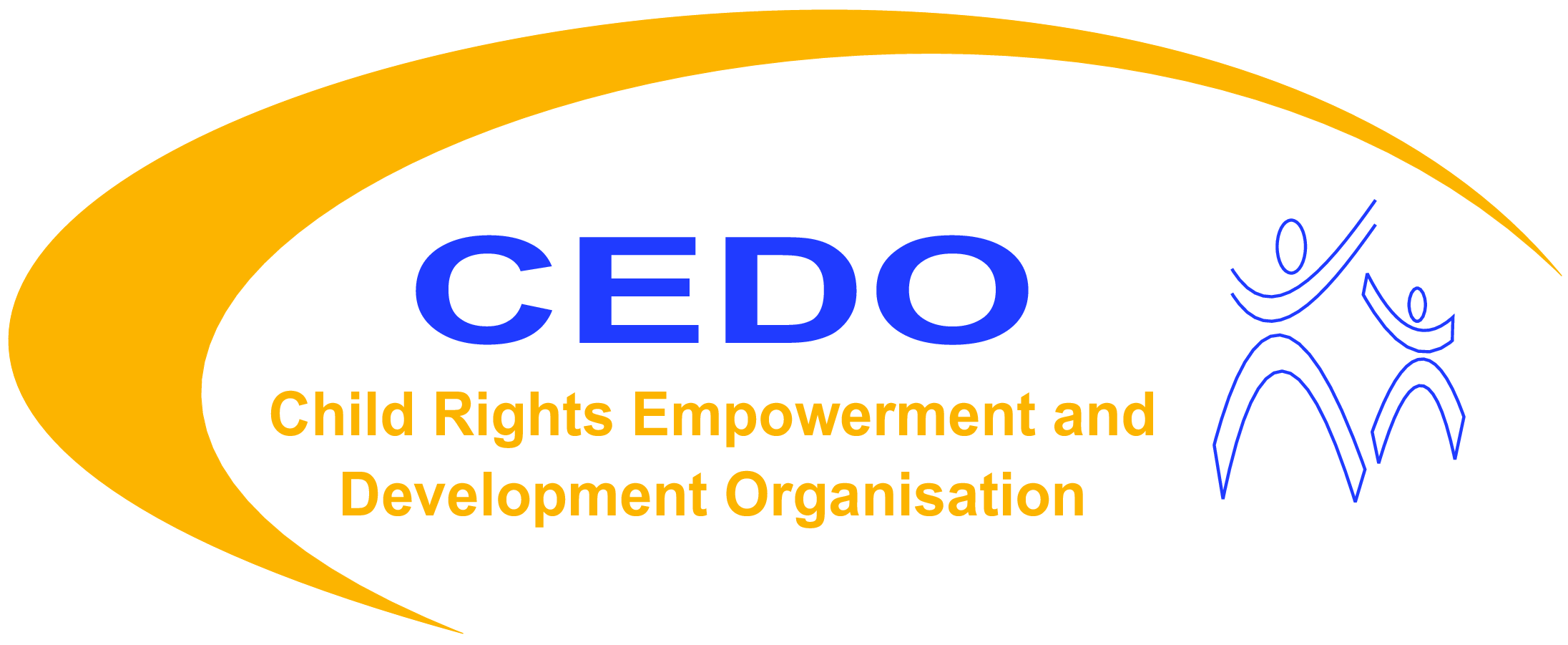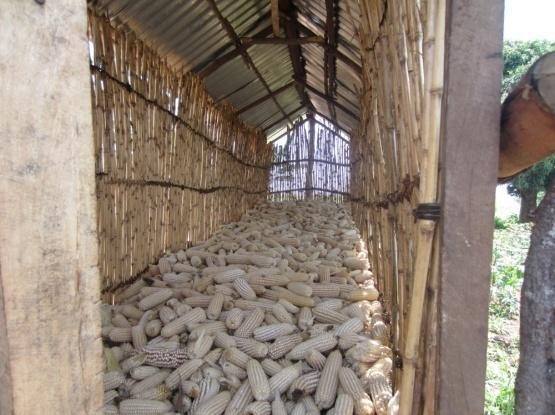FOOD SECURITY -Development Model:
Moreover in 2014, CEDO adopted the Farmer Field School (FFS) extension approach to create changes in behaviors of participating farm families. This was intended to provide an environment in which the participating households acquire knowledge and skills to improve their production and income through application of informed crop management decisions; and resilience and adaptability to changes in their environment. By 2017, over 7,836 households had participated in the food security interventions at the FFS. Food Security intervention seeks to promote sustainable human habitats through working with, rather than against nature.
This strategy is designed to help guide beneficiary communities toward permanent solutions for food and nutrition security, while ensuring that these options exist harmoniously within their environment. This intervention promotes the use of local resources in addressing poverty related impacts, applying ecological principals to meet human needs for food, shelter, energy and a sense of community.
In addition to bringing a continuous source of food and nutrition, this strategy also seeks to harmonize income generation with food security, drawing a link between VSLA, FFS and the environment. This is on the premise that, involvement in the VSLA would enable participating households to generate additional farm income that would be used to purchase food items to enhance the nutrition status of children to further their education.











